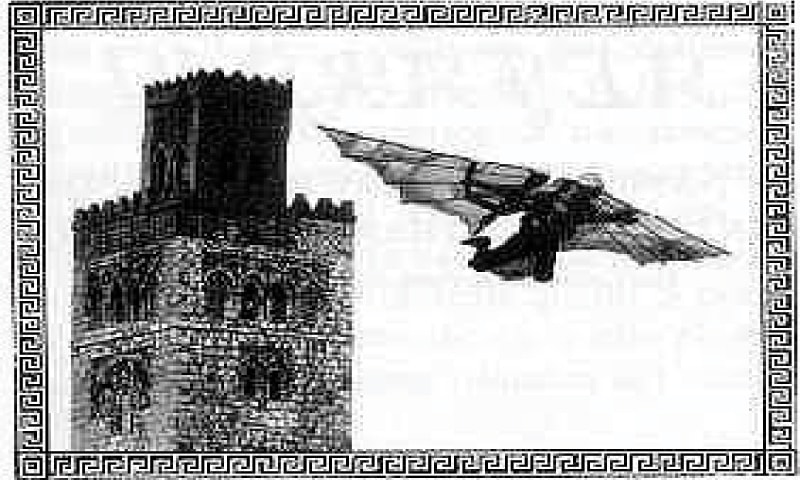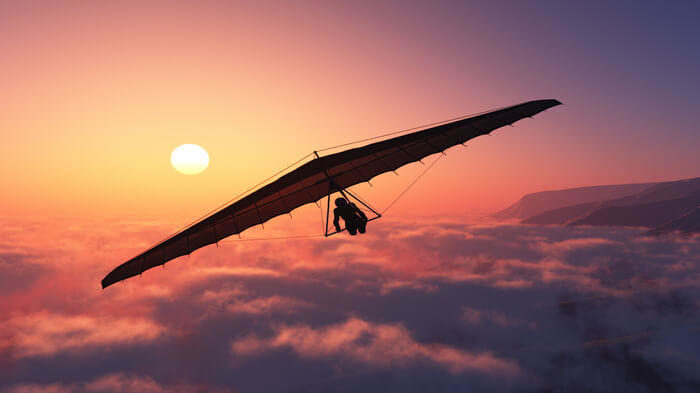The oldest known free-flight attempt in history
Hang-gliding today is a popular sport practiced around the world by thousands of pilots enjoying the sensation of free flights, just like birds do. The dream of achieving this marvellous natural treat has been a human endeavour since the dawn of history. After all, if we can swim under water, walk on earth; why not fly with some engineered wings like birds? This may have been the drive that daunted Ibn Farnas in the ninth century.
At that time, the present day of southern Spain was part of a thriving Andalusian civilization with a high tide of Art and Science. At the center of it was Cordoba, one of the largest cities at that time of about a million people. A true cultural center similar to Baghdad of that era.

In Córdoba, one person who joined this exciting world, so bubbling with ideas, was a young Amazigh astronomer and poet named ‘Abbas Ibn Firnas’, also known by his Latin name Armen Firman. As per Wikipedia, Ibn Firnas was born in Ronda about 100 miles south of Córdoba from Amazigh parents.
In 852, Legend has it, that Armen Firman first attempted to fly off a tower in Córdoba. He glided back to earth, using a huge winglike cloak to break his fall. He survived with minor injuries. Ibn Firnas didn’t stop there but worked at a huge variety of enterprises. He designed a water clock, worked on making colorless glass, made reading lenses, and also developed a process for cutting rock crystal perfected only by Egytians.
In 875, Ibn Firnas made a better attempt as he built a new glider and launched himself from a tower again. The flight was largely successful. However, the landing was bad and ended up with a back injury.
The exact details of Ibn Farnas story has not been corroborated by many historians. The earliest known record of him in the history books was by the Algerian historian Ahmed al-Maqqari (d. 1632) who described him as:
Among other very curious experiments which he made, one is his trying to fly. He covered himself with feathers for the purpose, attached a couple of wings to his body, and, getting on an eminence, flung himself down into the air, when according to the testimony of several trustworthy writers who witnessed the performance, he flew a considerable distance, as if he had been a bird, but, in alighting again on the place whence he had started, his back was very much hurt, for not knowing that birds when they alight come down upon their tails, he forgot to provide himself with one (Wikipedia)
Ibn Farnas’s name has been long forgotten except in postage stamp honoring him in Libya, and Baghdad’s airport bearing his name.

